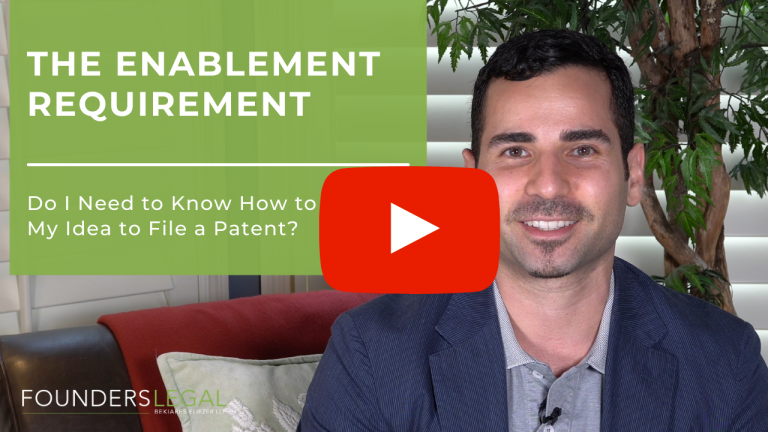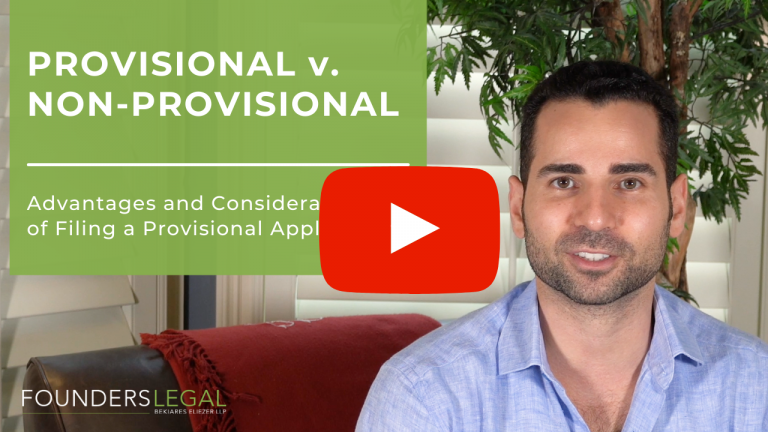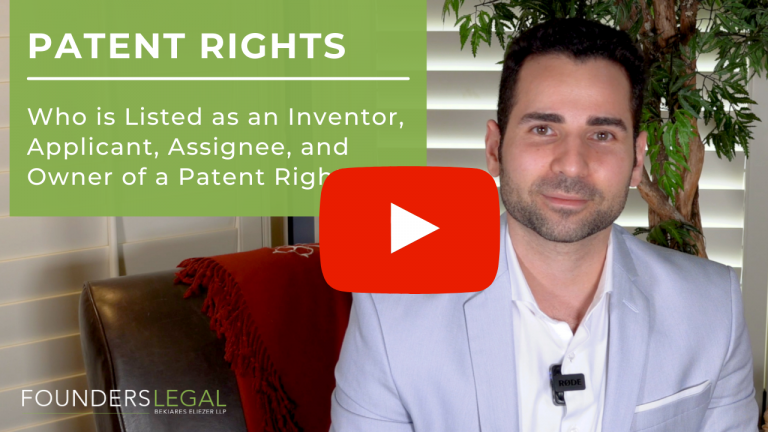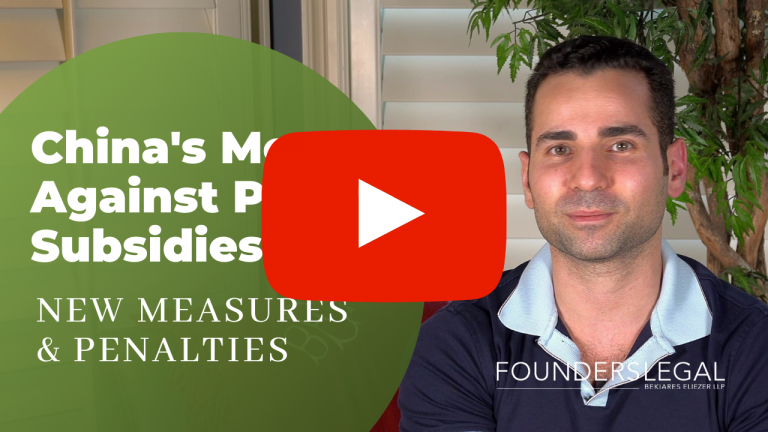Google v. Oracle – Fair Use in View of Google v. Oracle
On April 5, 2021, the Supreme Court of the United States (SCOTUS) decided GOOGLE LLC v. ORACLE AMERICA, INC. The decision has implications that touch almost every software company that develops or licenses software, as either a licensor or a licensee. Our overview and commentary on this case is divided into three parts. This is part three.







